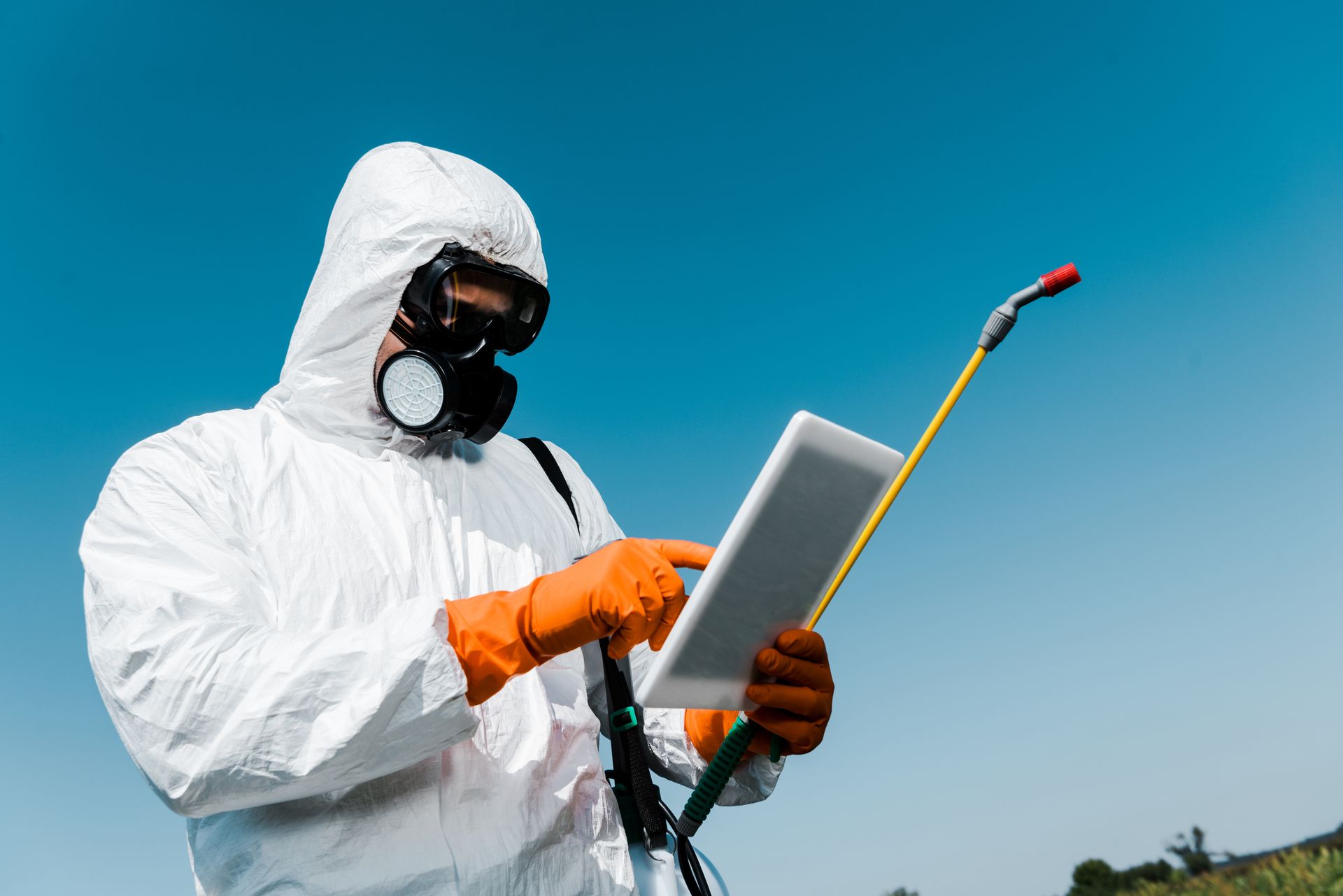Don’t Ignore Stinging Insects Around Your Home
If you’re noticing more wasps, hornets, or yellow jackets around your home or yard, it’s a sign that a nest may be nearby — and it’s not something you want to ignore. These insects can become aggressive when they feel threatened, and their stings can be painful or even dangerous, especially for those with allergies.
Trying to handle the problem on your own can be risky and often doesn’t fully solve the issue. That’s where North Alabama Pest Control comes in. We provide safe, effective removal of stinging insect nests and take steps to prevent them from coming back.
Don’t wait for the problem to grow. Give us a call at 256-740-9742 to schedule professional wasp and stinging insect removal in Florence, Muscle Shoals, Sheffield, and nearby areas.
Depend on the Experts for Help
Trust your bee problems to the experienced team at North Alabama Pest Control. With no contract required, if you're concerned about an active beehive or dormant wasp nest on your residential, commercial, or industrial property, our wasp removal and bee removal services can help.
For your safety, hire our experienced and skilled professionals to deal with the beehive on your property. Our crew delivers quality bee removal and extermination, was removal, and bee hive treatment at affordable prices.
Call North Alabama Pest Control for your FREE estimate on bee removal and wasp removal today.

Stinging Insect Sanctuary: Creating a Safe Haven Free from Pests
Safety from Stinging Insects
Picture the peace that washes over you knowing that your home is a sanctuary free from the threat of stinging insects. No more fear of sudden stings or the constant worry of encountering these aggressive pests in your living space. The assurance of safety that comes with effective protection against stinging insects allows you to relax and move freely within your home without the looming anxiety of potential dangers. By prioritizing safety from stinging insects, you are creating a haven where you can unwind, breathe easy, and focus on enjoying the serenity of your living environment without the menace of these unwelcome intruders.
Peaceful Living Environment
The assurance of a peaceful living environment goes beyond mere tranquility; it signifies a sanctuary free from the constant buzzing and stinging threats posed by insects. This benefit offers a haven of relaxation and safety, allowing you to unwind and create memories without the fear of intrusion or harm from stinging pests. By ensuring your home is a peaceful retreat, you can experience true comfort and serenity, fostering a sense of well-being and security that enriches your daily life and enhances your overall quality of living.
Expert Nest Removal
Expert nest removal goes beyond surface-level solutions, delving into the core of the issue to ensure that the source of stinging insect infestations is eradicated. This service offers a profound sense of relief by addressing the root cause of the problem, preventing future colonies from taking residence in your property. By entrusting professionals to expertly remove nests, you eliminate the potential for recurring infestations and enjoy a long-lasting solution to the issue. This commitment to thorough nest removal not only restores your immediate safety but also provides you with peace of mind, knowing that your living environment is free from the looming threat of stinging insects establishing new colonies.

